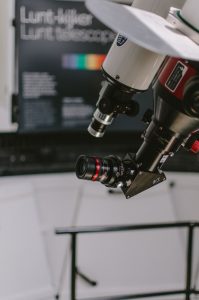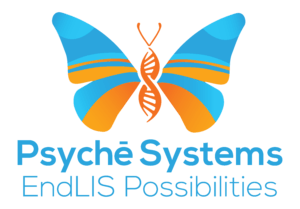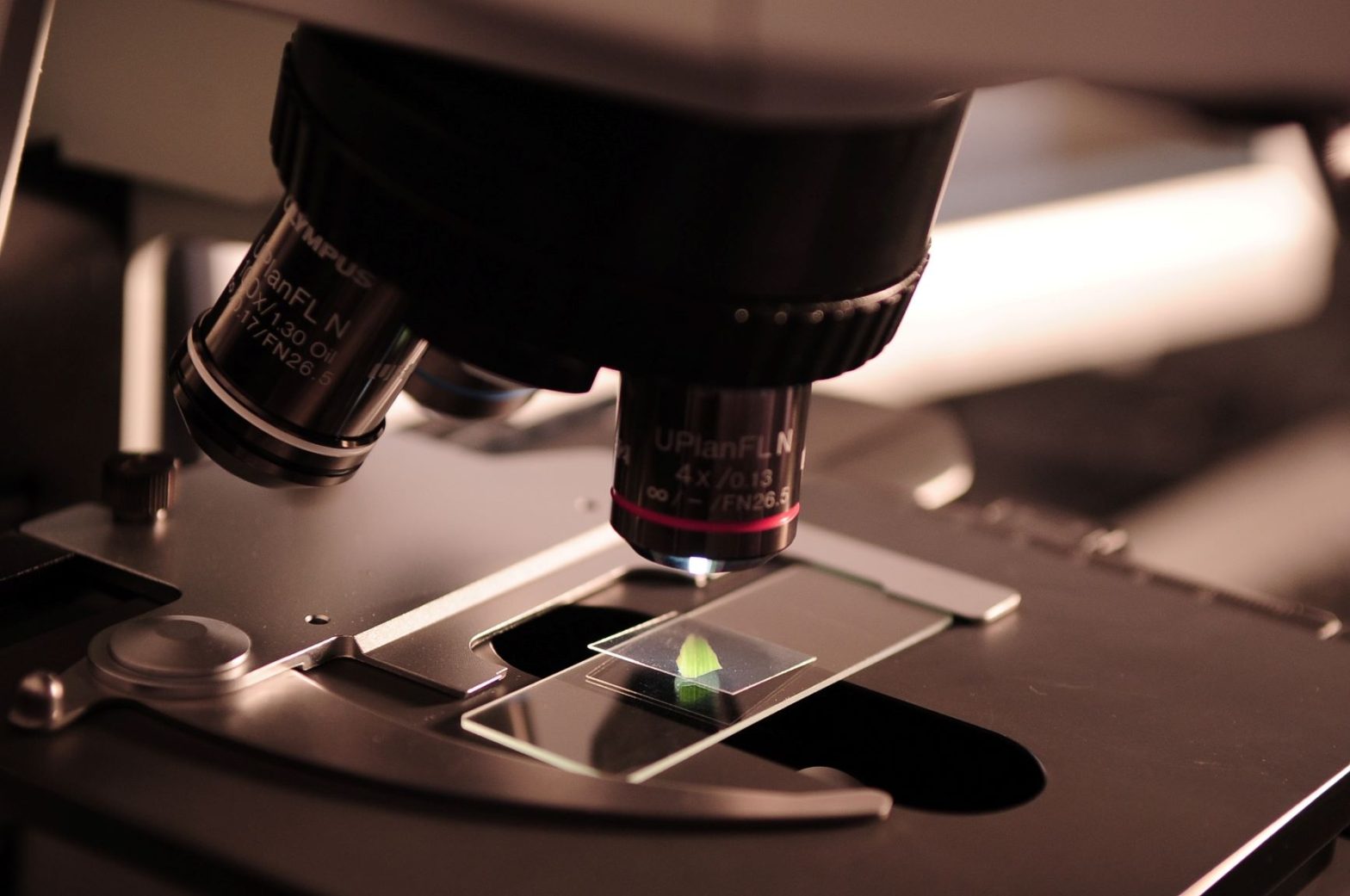For decades the world of genetic diseases was clouded in mystery. In fact, it was difficult for doctors and scientists to understand the origins of diseases and map the way they are transferred from one generation to another. Fortunately, we are now at a place in the medical and scientific community where we are starting to place the puzzle pieces together. The fields where we are seeing the most growth are cytogenetics and karyotyping. We have now discovered that through our understanding of chromosomes, we can better understand genetic diseases. Also, these recent advancements in science are excellent news for startup labs. If you want to bring your startup lab new business, it is worth looking into equipping your lab for cytogenetics and karyotyping. In this article, we will take a deep dive into the world of genetic diseases by looking at cytogenetics and karyotyping. Also, we will show you how molecular genetics software and other tools are helping crack the code of genetic disease.
Chromosomes and the Role They Play in Genetic Disease
Over the last several years, the study of chromosomes has proven to be the most fruitful in understanding genetic diseases. Two fields that are showing the most promise are cytogenetics and karyotyping. If you are unfamiliar with these two fields of research, here is a brief explanation.
Chromosomes
In order to understand cytogenetics and karyotyping, you must first understand what chromosomes are and the role they play in the human body. Chromosomes are long strands of DNA and protein that contain a majority of the genetic information in a human cell. The information contained in chromosomes determines a lot of factors in the human body. For example, a person’s hair color, height, and potential diseases are all shown in their chromosomes.
Cytogenetics
Cytogenetics is a specialized area that analyzes the chromosomes of a specific person. A scientist takes a sample of a person’s tissue or blood and runs it through a series of tests. Next, these tests look for changes in a person’s chromosomes. Scientists often search for broken, rearranged, missing, or extra chromosomes. If a chromosome experiences significant change, it could be a sign of a genetic disease or specific forms of cancer.
Karyotyping
Karyotyping is a specific procedure used to look at a person’s chromosomes. Like cytogenetics, karyotyping begins by taking a sample from the patient. However, for karyotyping, scientists and doctors prefer to take the sample from the patient’s bone marrow. It is often believed that chromosome samples taken from a patient’s bone marrow provide better results. Once the sample is taken from the patient, the chromosomes are then placed under a microscope and analyzed. Next, photos are taken of the patient’s chromosomes. The images taken provide a perfect way for scientists and doctors to examine the changes the chromosomes are undertaking.
Why the Future Looks Bright for Genetic Disease Research
On the surface, cytogenetics and karyotyping are incredibly similar. Indeed, they both revolve around testing and examining chromosomes for any issues related to genetic diseases. However, it is exciting to see a multitude of tests and fields of study revolving around genetic diseases. Genetic diseases cause a variety of problems for families all around the world. The more we can learn about genetic diseases, the more effectively we can treat the disease and maybe, in some cases, cure the disease itself.

Building the Ultimate Cytogenetics and Karyotyping Lab
It is no secret that genetic research is a booming market in the scientific world. If you are starting a lab or looking for more sources of revenue for your existing lab, now is the perfect time to get involved in genetics. However, building the ideal genetic research lab can be challenging and requires a significant amount of research and time. Here is what you need to work in the cytogenetics and karyotyping field.
A Top-Notch Staff
The first thing any lab needs is highly qualified scientists. It goes without saying that the study of genetic diseases is extremely complex and still in its infancy. With this in mind, it takes a higher level of research and expertise to study cytogenetics and karyotyping.
Also, some good news for startup labs is the fact a lot of scientists and lab personnel are making the switch over to genetic studies. As cytogenetics and karyotyping studies continue to boom, more and more people are going to want to take part in the research.
The Right Equipment Can Go a Long Way
A significant amount of equipment goes into cytogenetics and karyotyping testing. You will need your basic equipment to handle the samples of blood, bone marrow, and tissue. However, you will also need more specialized equipment to handle the imaging process. In fact, you will need specific microscopes and cameras in order to get the particular imaging required to make a smart diagnosis.
The Right Molecular Genetics Software Can Make Your Lab Hum
The most important thing for any lab to run smoothly is the right software. Indeed, as technology continues to advance, lab software will continue to do more and take the weight off the shoulders of scientists and laboratory staff. Lab software can do a variety of tasks. For example, molecular genetics software can help analyze and break down complex tests revolving around cytogenetics and karyotyping. Also, lab software can organize and run the administrative functions of a laboratory.
Working with the Right Laboratory Software Company
If you are running a startup lab, you don’t have the time or resources to jump from software provider to software provider. Here at Psyche Medical Laboratory Software, we care about your lab as much as you do. We understand that the work you do is essential to saving lives. That is why we provide our customers with the very best in software solutions. If you are interested in providing your lab with the best molecular genetics software, check out the software offered on our website.

